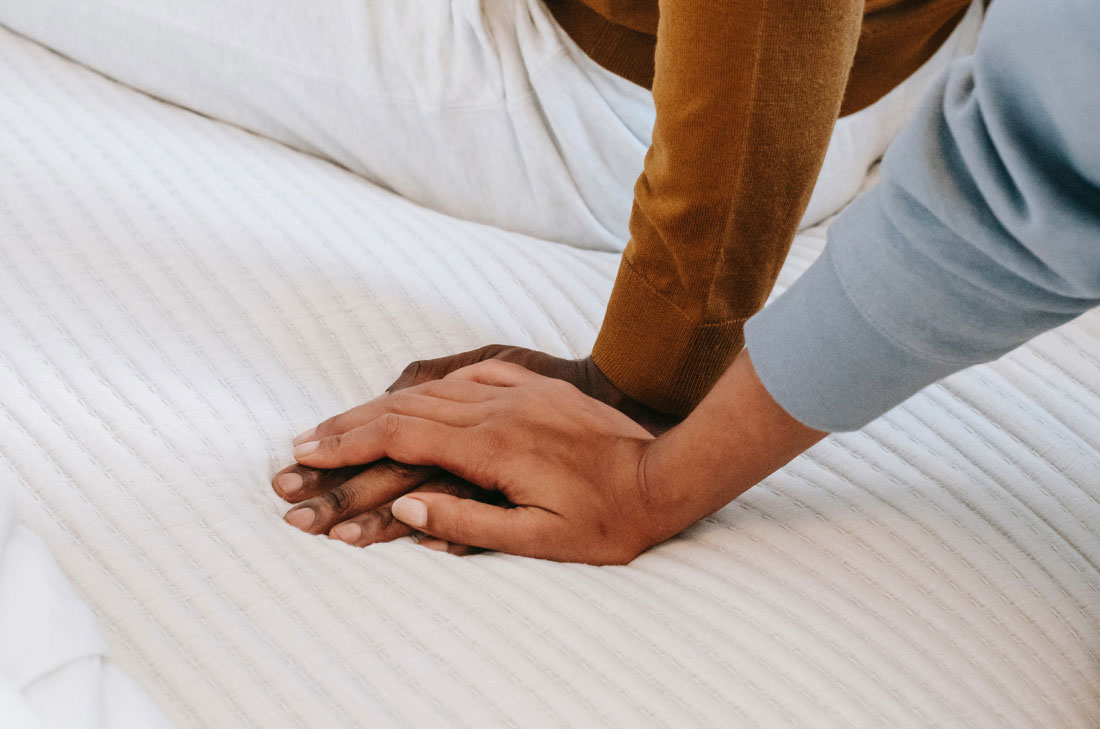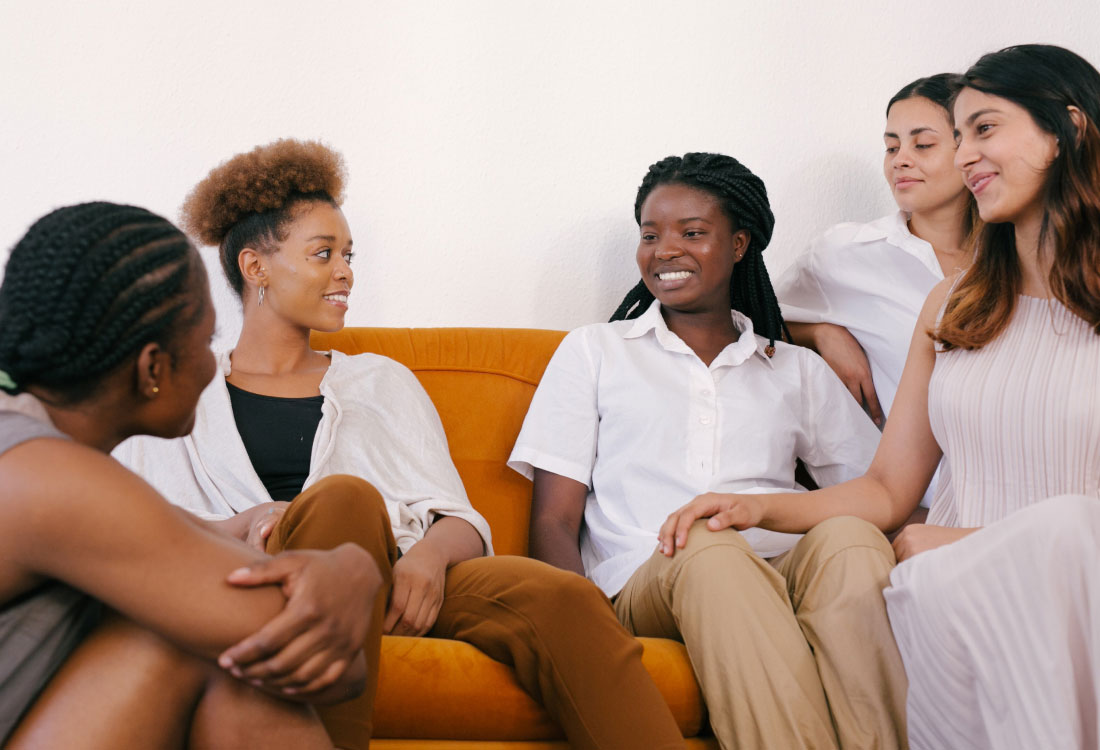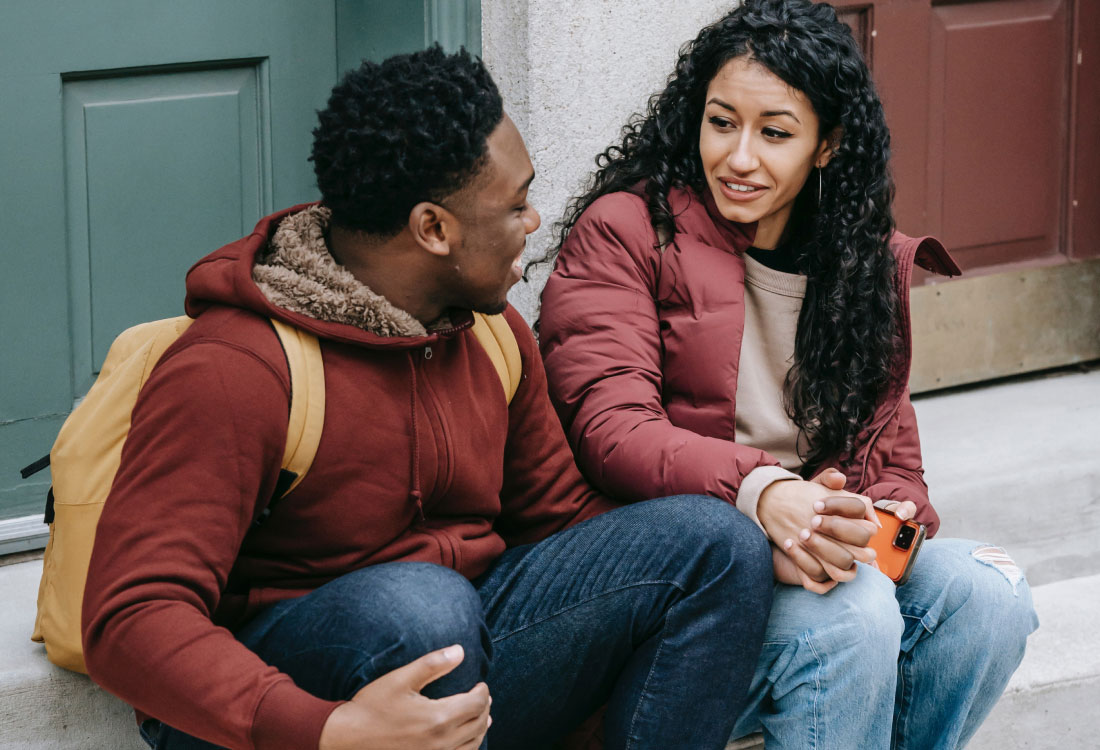Myths vs Realities of Domestic Violence by The Retreat
There are many myths about domestic abuse.
Is domestic abuse something that should be kept in the family? Is it loss of control? Are abusers violent in all relationships? Inform yourself and learn about the reality behind these myths.
One in four women and one in seven men have been victims of physical violence by an intimate partner in their lifetime.
Misconceptions about domestic abuse hinder people from seeking help.
Abuse comes in different forms, so misconceptions are prevalent. Inform yourself and learn the facts behind abusive situations.
Misconceptions
- Believe it’s your fault.
- Think that abuse is only physical.
- Think that there’s no way out.
Facts
- Feeling angry, sad, lonely, depressed or confused is common for those being abused
- Abuse can be in the form of physical, emotional, and verbal attacks.
- Friends, family, and organizations are here to help you out.
You don’t deserve domestic violence nor do you have to face it alone. We are here to help you through it.
How to Support a Friend
How to Support a Friend









Offering a safe space to talk can help someone feel enough support to take the next steps towards safety. Tips for talking...
01
Ask “Are you okay?”
02
Remind them “This isn’t your fault.”
03
Document the abuse. Keep photos, screenshots, a journal, police reports, and hospital records.
04
Encourage your friend to seek help.
05
Listen and show support.
06
If you witness the abuse, speak up if you feel safe, and get help.